Struggling to find the ideal aluminum casting company? Without the right supplier, you risk delays, subpar quality, and missed opportunities. From standard casting methods to aluminum die casting—a specialized process that ensures higher accuracy—making an informed choice is essential for your project's success.
To select the best company, prioritize quality assurance, expertise, delivery reliability, cost transparency, and clear communication. These factors guarantee precision, efficiency, and timely delivery for your projects, especially when aluminum die casting is involved.
Choosing the right company is a critical decision that influences the success of your project. Whether you’re considering traditional sand casting or aluminum die casting for more complex parts, let’s delve into the key factors you need to consider.
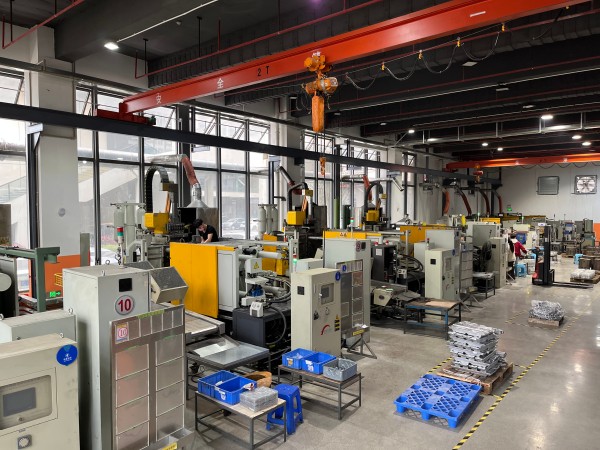
Imagine receiving parts that fail under stress. Quality issues derail your entire project, leading to delays and unexpected costs—particularly if you’re dealing with high-precision aluminum die casting components.
Quality assurance ensures reliable and durable aluminum castings. Look for companies with certifications, advanced testing facilities, and consistent quality control processes.
Quality assurance is the backbone of successful aluminum casting projects. A dependable supplier will adhere to international standards, such as ISO 9001, invest in state-of-the-art quality inspection tools, and maintain rigorous production standards. Before making a commitment, verify their certifications and request details of their quality assurance processes to guarantee they meet your specifications.
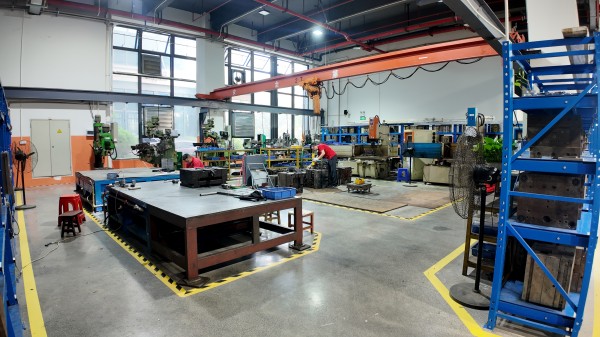
A lack of expertise lead to costly design errors. Partner with a supplier who understands the needs of your industry and is adept in specialized processes like aluminum die casting.
Assess expertise through case studies, technical capabilities, and years of experience in your specific sector. Experienced companies deliver precision and innovation.
Expertise is critical for navigating complex designs and achieving precise results. Review a supplier’s portfolio to evaluate their ability to produce similar products. A company with extensive experience in your industry—be it automotive, electronics, or otherwise—will likely possess the technical knowledge and resources to meet your unique requirements. Don’t hesitate to request references or customer testimonials.
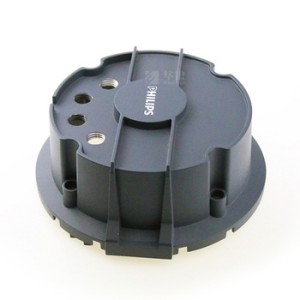
Understanding costs upfront helps you budget effectively. Don’t be caught off guard by unexpected expenses, whether you’re opting for traditional methods.
Aluminum casting costs fluctuate based on material, mold complexity, production volume, and post-processing requirements. Expect to pay between $5 and $50 per part for typical applications.
Material: Aluminum grades vary in price; higher-quality alloys come at a premium.
Mold Manufacturing: Custom molds can range from $1,000 to over $10,000, depending on complexity.
Production Volume: Larger quantities can reduce per-part costs.
Secondary Processes: Surface treatments, machining, and assembly increase costs.
For precise pricing, request detailed quotes based on your design and production requirements.
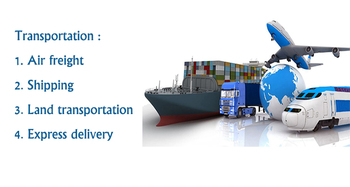
Late deliveries disrupt your supply chain. Choose a supplier known for punctuality and efficiency, especially when projects involve time-sensitive aluminum die casting components.
Delivery reliability hinges on robust logistics and production planning. Verify the supplier’s track record for meeting deadlines and managing shipping efficiently.
Timely delivery is essential for maintaining production schedules and meeting market demands. A reliable supplier should provide clear timelines, tractable logistics, and contingency plans for unforeseen delays. Confirm their capacity to fulfill large orders within tight deadlines, particularly if your project demands scalability.
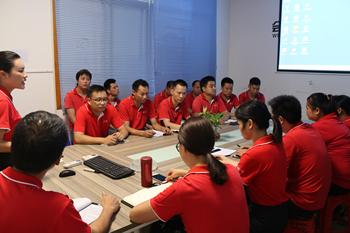
Miscommunication breeds errors and delays. Clear communication is vital for successful collaboration, especially during the aluminum die casting process where precision is key.
Smooth communication requires responsive service, technical understanding, and proactive problem-solving from your supplier.
Effective communication minimizes misunderstandings and ensures your specifications are met. Work with suppliers who communicate fluently in your preferred language and offer a dedicated point of contact. Frequent updates on project progress and responsiveness to inquiries indicate a well-organized team.
Choosing an aluminum casting company entails more than just comparing prices; it requires an evaluation of quality, expertise, delivery reliability, and communication. From traditional casting approaches to aluminum die casting, a thoughtful selection process paves the way for your project’s success and fosters long-term partnership satisfaction.